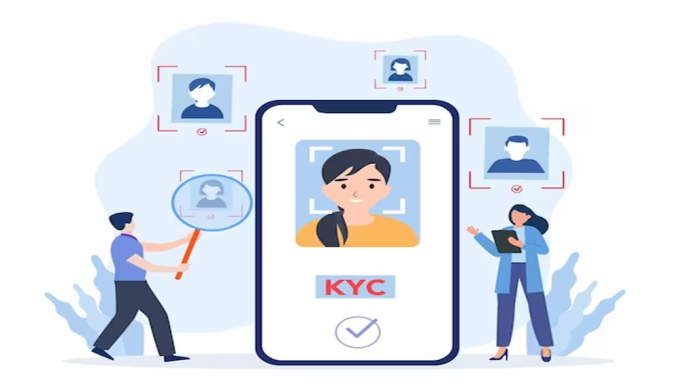The Reserve Bank of India (RBI) has recently announced some key changes to Know Your Customer (KYC) guidelines. These changes are aimed at improving how financial institutions verify the identities of their customers and ensuring a safer and more streamlined process. In this story, we will discuss the breakdown of these key amendments. Before that, we will first understand what KYC is.
What is KYC?
According to the RBI, KYC is a process that involves providing proof of identity and address to open or maintain a bank account. KYC guidelines are in place to prevent money laundering and the financing of terrorism. To open a bank account, you need to provide one document each as proof of identity and proof of address, along with a recent photograph. Acceptable documents include an Aadhaar card, driving license, voter’s ID card, passport, or NREGA card. A PAN card can only be used as proof of identity.
A
Also Read National Pension Scheme: Can you make NPS payment through credit cards? US Election 2024: What’s the better choice for India? Details of the economic impact of Trump or Harris Presidency on India Private banks provisioning due to MFI stress on the rise Bill to raise insurance FDI, launch composite licence in winter session
What is Digital KYC?
Digital KYC allows customers to verify their identity online by taking a live photo and submitting official documents like Aadhaar. This process also records the location where the photo is taken, making it more secure.
Also read: RBI enhances UPI transaction limits for THESE payments – Details here
Key changes to KYC rules:
Customer identification for multiple accounts
Financial institutions no longer need to redo the Customer Due Diligence (CDD) process if an existing KYC-compliant customer opens a new account or avails of other services with the same institution. This means faster service for existing customers.
High-risk accounts monitoring
The rule about monitoring high-risk accounts has been clarified. These accounts must undergo more intense monitoring to detect any suspicious activity.
Periodic KYC updates
The term “periodic updation” has been introduced to clearly specify that customers should regularly update their KYC information, especially in cases where there are significant changes to their details.
Sharing KYC data with Central KYC Records Registry (CKYCR)
Financial institutions must upload updated KYC information to the CKYCR whenever a customer’s details change.
» Read More


